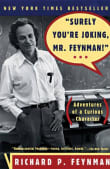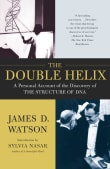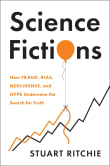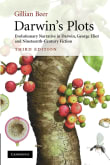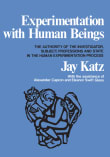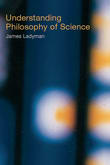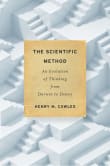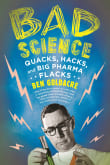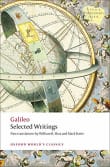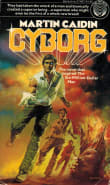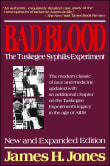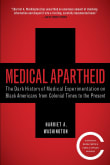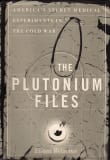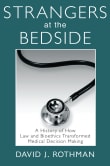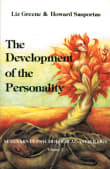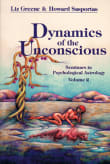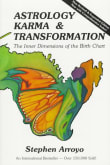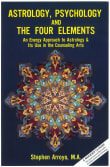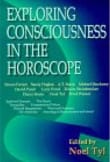An Introduction to the Study of Experimental Medicine
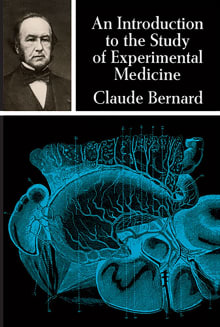
Book description
Clear and penetrating presentation of the basic principles of scientific research from the great French physiologist whose contributions in the 19th century included the discovery of vasomotor nerves; nature of curare and other poisons in human body; functions of pancreatic juice in digestion; elucidation of glycogenic function of the liver.
Why read it?
1 author picked An Introduction to the Study of Experimental Medicine as one of their favorite books. Why do they recommend it?

Experimental Medicine is a classic, a clear and simple account of physiological research, well-illustrated with comprehensible examples (no molecular biology needed).
It is well worth reading if only because so many of the principles that French physician Claude Bernard pioneered have been largely forgotten. Most important is his demand for certainty: “Science permits no exceptions,” an injunction now more often forgotten than obeyed. Bernard would have been appalled by, for example, a famous choice experiment in which 60% of a large group of subjects choose a less-profitable option.
The experimenters concluded that individual humans (not just groups) show risk aversion,…
From John's list on how science works, fails to work and pretends to work.
If you love An Introduction to the Study of Experimental Medicine...
Want books like An Introduction to the Study of Experimental Medicine?
Our community of 12,000+ authors has personally recommended 47 books like An Introduction to the Study of Experimental Medicine.
Browse books like An Introduction to the Study of Experimental Medicine

